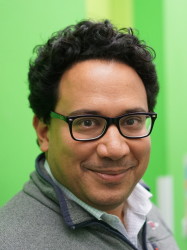BibTex format
@inproceedings{Wei:2022,
author = {Wei, X and Faisal, AA and Grosse-Wentrup, M and Gramfort, A and Chevallier, S and Jayaram, V and Jeunet, C and Bakas, S and Ludwig, S and Barmpas, K and Bahri, M and Panagakis, Y and Laskaris, N and Adamos, DA and Zafeiriou, S and Duong, WC and Gordon, SM and Lawhern, VJ and liwowski, M and Rouanne, V and Tempczyk, P},
pages = {1--16},
publisher = {PMLR},
title = {2021 BEETL competition: advancing transfer learning for subject independence and heterogenous EEG data sets},
url = {https://proceedings.mlr.press/v176/wei22a.html},
year = {2022}
}

